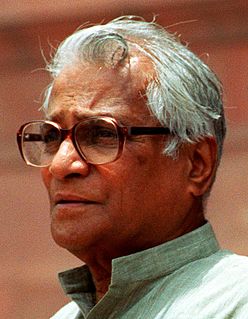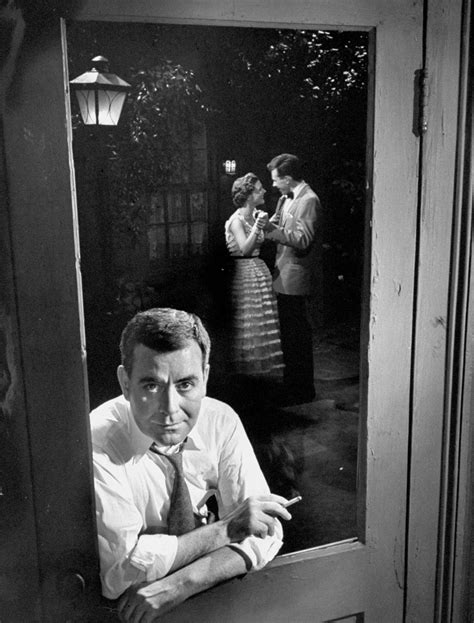A Quote by William Shakespeare
Related Quotes
When remedies are past, the griefs are ended By seeing the worst, which late on hopes depended. To mourn a mischief that is past and gone Is the next way to draw new mischief on. What cannot be preserved when fortune takes, Patience her injury a mockery makes. The robb'd that smiles steals something for the thief; He robs himself that spends a bootless grief.
But the past does not exist independently from the present. Indeed, the past is only past because there is a present, just as I can point to something over there only because I am here. But nothing is inherently over there or here. In that sense, the past has no content. The past - or more accurately, pastness - is a position. Thus, in no way can we identify the past as past
We learn in the past, but we are not the result of that. We suffered in the past, loved in the past, cried and laughed in the past, but that's of no use to the present. The present has its challenges, its good and bad side. We can neither blame nor be grateful to the past for what is happening now. Each new experience of love has nothing whatsoever to do with past experiences. It's always new.
I see a lot of actors that are doing things to please their coaches, their teachers in the past. They say 'No' to parts they should have said 'Yes' to simply because of the opinion of people in their past. I have no one in my past who is judging me and saying, 'Maybe you shouldn't do that.' I'll do it all.
Today's banalities apparently gain in profundity if one states that the wisdom of the past, for all its virtues, belongs to the past. The arrogance of those who come later preens itself with the notion that the past is dead and gone. The modern mind can no longer think thought, only can locate it in time and space. The activity of thinking decays to the passivity of classifying.
What needs to be discharged is the intolerable tenderness of the past, the past gone and grieved over and never made sense of. Music ransoms us from the past, declares an amnesty, brackets and sets aside the old puzzles. Sing a new song. Start a new life, get a girl, look into her shadowy eyes, smile.
And we should forget, day by day, what we have done; this is true non-attachment. And we should do something new. To do something new, of course we must know our past, and this is alright. But we should not keep holding onto anything we have done; we should only reflect on it. And we must have some idea of what we should do in the future. But the future is the future, the past is the past; now we should work on something new.
It is not the literal past that rules us, save, possibly, in a biological sense. It is images of the past. Each new historical era mirrors itself in the picture and active mythology of its past or of a past borrowed from other cultures. It tests its sense of identity, of regress or new achievement against that past.






































